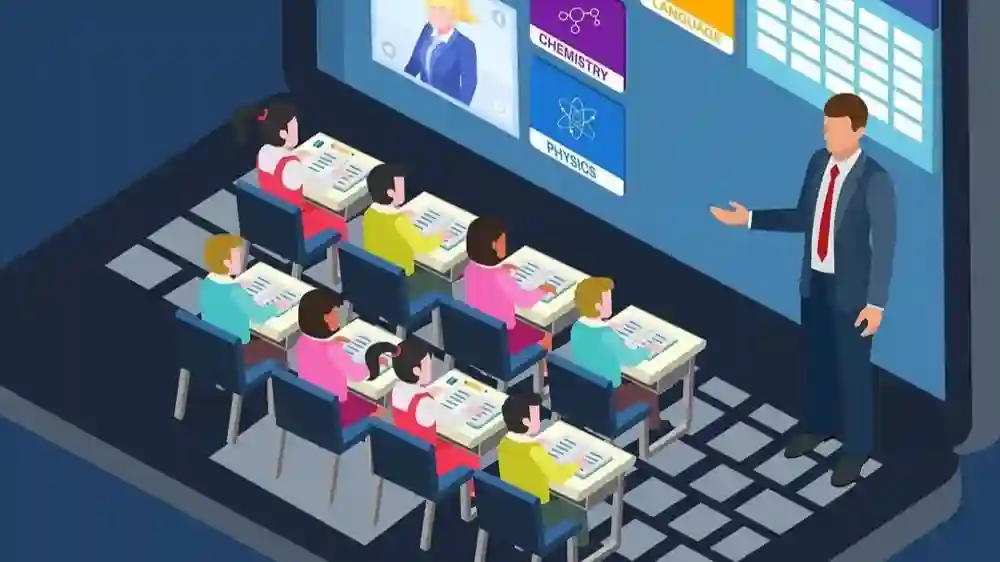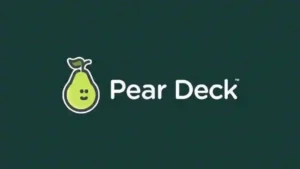The Future of Education: Innovative Learning Approaches in 2025

Innovative learning is no longer just a buzzword thrown around in academic conferences. It’s the future, and by 2025, it’s going to redefine everything we thought we knew about education. I’m talking next-level, game-changing stuff that’ll flip classrooms upside down (in a good way). It’s not some far-off dream either; this revolution is already underway, powered by new tech, fresh ideas, and a whole lot of brainpower. From AI-driven personalization to VR-powered history lessons, we’re on the cusp of something wild. Buckle up.
Personalized Learning—Because One Size Doesn’t Fit All
By 2025, classrooms will have a makeover. Forget the old-school, one-size-fits-all approach. Instead, we’ll see something more customized—almost like the world’s first education algorithm. Personalized learning will let students learn at their own pace, tapping into what they’re good at (and avoiding the stuff that’s like trying to teach a cat to fetch). I remember the struggle—sitting in a class where the teacher breezed through material that was way over my head, while my friend next to me was bored out of their mind. Yeah, we’re done with that.
Imagine a system powered by AI that tracks how you’re doing—figuring out what works and what doesn’t, all in real-time. It’s kind of like having a tutor in your pocket (or on your screen, I guess). If you’re struggling with algebra, the AI knows it and throws extra practice your way, or maybe it breaks down the concept in a whole new way. It adapts. And if you’re acing everything, it’ll ramp up the difficulty and keep pushing you. No more falling through the cracks or feeling left behind. I’ve definitely been there—flunked a math test just because no one bothered to notice I was struggling. But that’s changing.
AI and Machine Learning—Your New Classroom Buddy
AI’s role in education isn’t just about grade-grading robots (thankfully, right?). It’s going to be the MVP of classrooms by 2025. In fact, I’m pretty sure AI will start grading papers before I even finish writing them—don’t quote me on that. But seriously, the technology will dive into everything, from grading tests and essays to offering immediate feedback when you’ve answered a question incorrectly. Imagine having a teacher who’s available 24/7 (minus, you know, the whole “personal life” thing). That’s the dream, right?
It gets cooler: AI can also help design personalized learning paths. This isn’t your basic, “here’s a worksheet” kind of help. The system will tweak the curriculum based on how well you’re doing, giving you more challenges when you’re on fire—or giving you a break when you’re feeling overwhelmed. As someone who’s too familiar with cramming 15 minutes before a test, I can honestly say this is a game-changer.
I think back to when I’d waste hours with a tutor who couldn’t figure out my learning style. “Isn’t this how you do it?” they’d ask. And I’d think, “Nope. Not even close.” AI, on the other hand, will be in tune with you. No judgment. Just learning.
Immersive Learning: VR & AR Are Coming for Your Textbooks
VR and AR? Oh, they’re not just for gaming or pretending you’re a wizard on a broomstick. Nope. These technologies are about to make traditional textbooks look like relics of the past. The VR headsets that are currently gathering dust in a few tech labs will soon have classrooms buzzing in 2025.
I remember being stuck in history class, reading about the pyramids for the 50th time, and thinking, “Wouldn’t it be nice if I could just… be there?” Well, VR will make that dream a reality. I mean, who doesn’t want to walk around Ancient Rome or wander through the Great Wall of China, right? It’s like being transported in time (without needing a time machine or a DeLorean).
But it’s not just about historical tours. Imagine chemistry experiments that are too dangerous to conduct in a school lab—done virtually. Imagine a medical student practicing surgery on a simulated patient, or a physics student observing complex concepts in motion, all thanks to AR. VR and AR will make these experiences as real as it gets without the mess. No explosions. No broken glass. Just, you know, pure learning.
Fun fact: Back in the day, Victorians used to think talking to plants would keep them sane. Well, I’m not sure about that, but maybe if I had a VR headset, I could’ve taught my cactus how to actually survive. “What am I even doing wrong here, Fern?”
The Power of Collaboration
Here’s the kicker: education isn’t just about what you know, it’s about who you know. So, by 2025, learning will become way more collaborative. It’s not just about sitting in silence with your books anymore—it’s about tapping into a global community of learners. Remember group projects? You might not have loved them, but here’s the thing: they’ll be better. A lot better.
We’ll see students from all over the world collaborating on big ideas, working in virtual study groups, attending live discussions, and even solving real-world problems together—all from their laptops. And it won’t be limited by geography. A high schooler in the U.S. can jump into a live chat with a student in Tokyo to brainstorm about climate change. And no, it won’t be awkward—well, hopefully not too awkward. But you get the point: collaboration is going global.
I remember some of my worst group projects back in school where everyone was working at different speeds, and half of us didn’t even show up. That won’t fly in this new era. The virtual world opens up a whole new level of teamwork—and, dare I say, accountability.
Lifelong Learning: It’s Not Just for the Young
Alright, I’m going to throw something out there. 2025 isn’t just for kids. I mean, if you’re reading this and thinking, “Wow, I’m too old for this,” think again. The future of education is open to everyone—including people who might want to learn new skills, change careers, or just keep their brain sharp (like me, trying to understand TikTok, ha).
Micro-credentials, online certifications, and bite-sized courses are going to make it possible to learn on-the-go. You won’t need a traditional degree to show you’re qualified. Need to learn digital marketing or data science? That’s a few clicks away. Want to brush up on coding? There’s a course for that.
I love the idea of people of all ages learning new things, whenever they want. It’s like the modern-day version of adult education, but way cooler. I mean, why stop learning when you’re 25, right? Heck, my uncle still swears by the knitting tutorial he found online last winter, and it’s probably saved him hundreds of dollars in gifts.
Emotional Intelligence and Ethics: Getting Smarter, Not Just Smarter
Finally, let’s talk about what’s missing from a lot of tech-based education: people. And not just in the sense of group projects and teamwork, but in the sense of understanding how to make decisions in an ethical world. By 2025, educators are going to push emotional intelligence (you know, the stuff like empathy, resilience, and self-awareness) to the forefront of learning.
Honestly, I’ve been in some really heated debates online, where it was clear some people forgot basic emotional awareness. The future isn’t just about being smart; it’s about being a good person too. Schools are already working on making sure students understand ethics, especially as technology gets more complex. We’re going to need folks who can make smart, ethical decisions, especially when dealing with AI or sensitive data.
Because let’s face it: you can have all the tech in the world, but if you don’t understand the human part of it, what’s the point?
Conclusion (Well, Not Really)
Anyway, here’s the kicker: Education’s going through a massive makeover. In 2025, innovative learning will be everywhere—tailored to each student, powered by AI, super immersive, and collaborative. It’ll break down the walls of traditional classrooms and open the doors to global learning experiences. I, for one, can’t wait to see where it takes us. Plus, if it helps me finally understand TikTok, then it’s all worth it.







